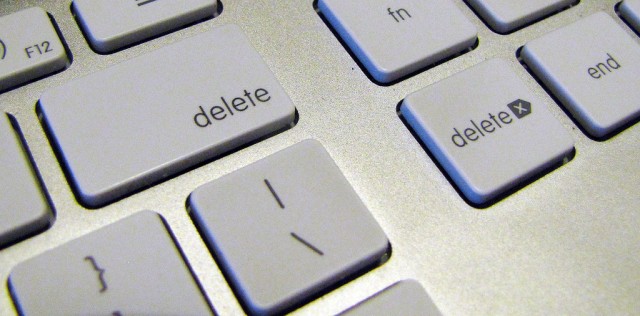"Too many twits might make a twat," said David Cameron in 2009 in a live radio interview when asked whether or not he was on Twitter. It wasn't his finest rhetorical hour, and ironically he later found himself apologizing for not picking his words carefully (though not for saying "twit" rather than "tweet" which is arguably the greater crime), but the interview was actually more notable for what he said outside of that memorable soundbite:
"I'm not on Twitter. I think that... that politicians should have to think about what we say and the trouble of Twitter is the instantness of it..."
Four years later, he and 450 other serving MPs use Twitter: 67 percent of Labour, 56 percent of Conservative, and 79 percent of Liberal Democrat MPs have profiles at the time of writing. Despite this, Cameron does raise a difficult disconnect between political survival and microblogging: elected representatives are deft hands at speaking exclusively in carefully rehearsed soundbites and avoiding direct questions. Blandness becomes an effective character trait as politicians try to deflect negative media attention and to alienate as few people as possible by sticking resolutely to the party approved script. Twitter, with its instant communication and unwritten rule of authenticity, isn't built for this kind of tactical approach and, as Cameron predicted, that has already led to a number of high profile gaffes. The majority of these have been deleted, but with thousands of followers each, the damage is often done with screengrabs and retweets long before the delete button can be hit. These blunders can be divided into two categories, the "too personal" and the "accidental tweet".
Read 10 remaining paragraphs | Comments"I'm not on Twitter. I think that... that politicians should have to think about what we say and the trouble of Twitter is the instantness of it..."
Four years later, he and 450 other serving MPs use Twitter: 67 percent of Labour, 56 percent of Conservative, and 79 percent of Liberal Democrat MPs have profiles at the time of writing. Despite this, Cameron does raise a difficult disconnect between political survival and microblogging: elected representatives are deft hands at speaking exclusively in carefully rehearsed soundbites and avoiding direct questions. Blandness becomes an effective character trait as politicians try to deflect negative media attention and to alienate as few people as possible by sticking resolutely to the party approved script. Twitter, with its instant communication and unwritten rule of authenticity, isn't built for this kind of tactical approach and, as Cameron predicted, that has already led to a number of high profile gaffes. The majority of these have been deleted, but with thousands of followers each, the damage is often done with screengrabs and retweets long before the delete button can be hit. These blunders can be divided into two categories, the "too personal" and the "accidental tweet".
DIGITAL JUICE

No comments:
Post a Comment
Thank's!